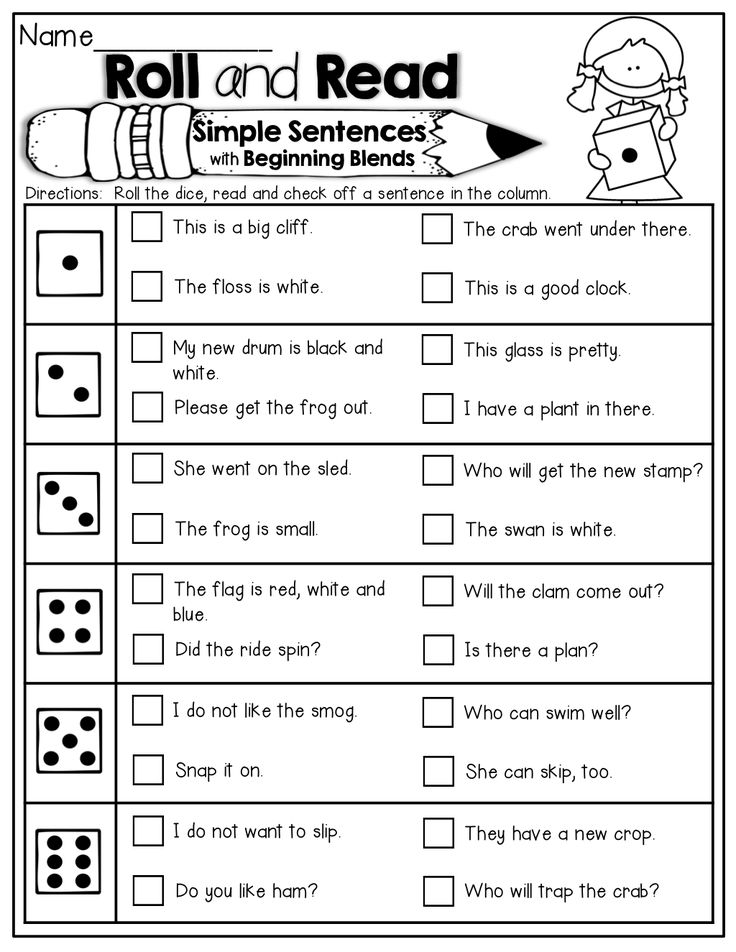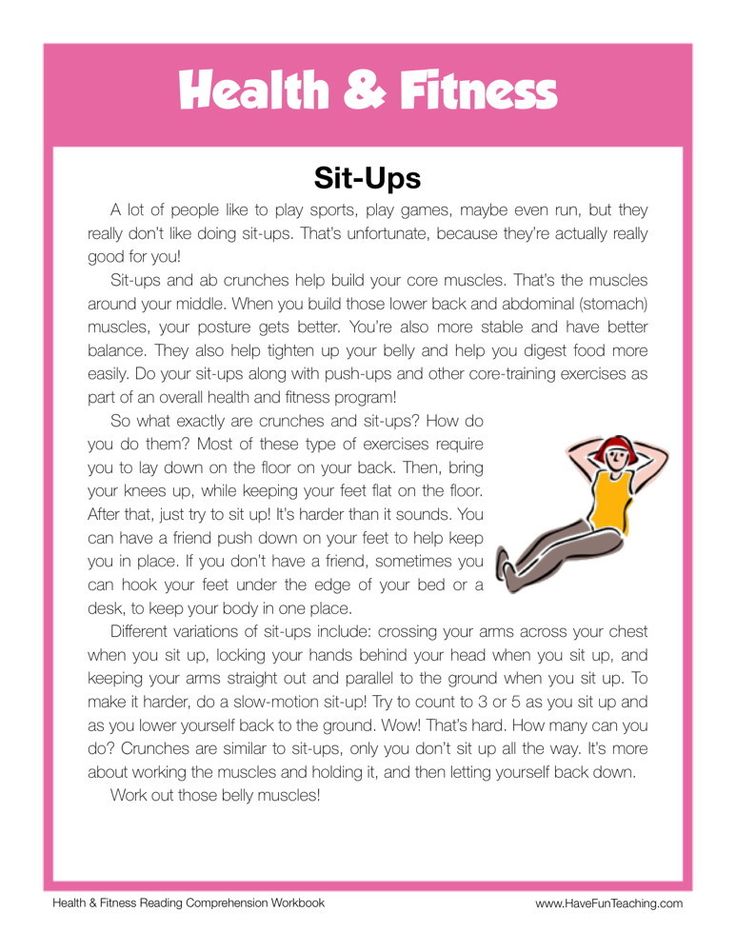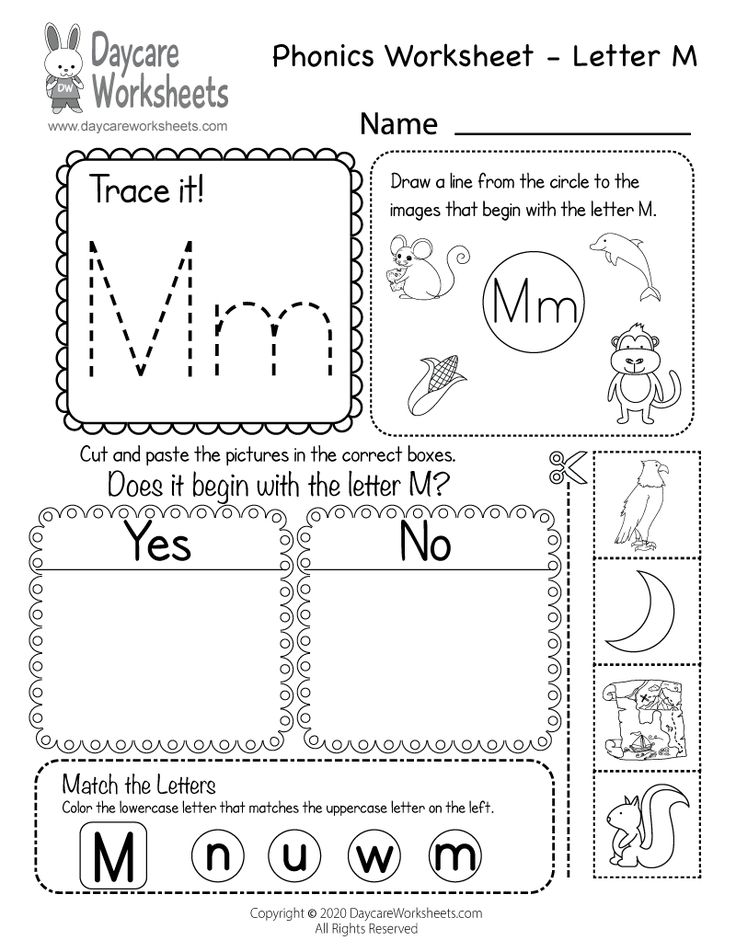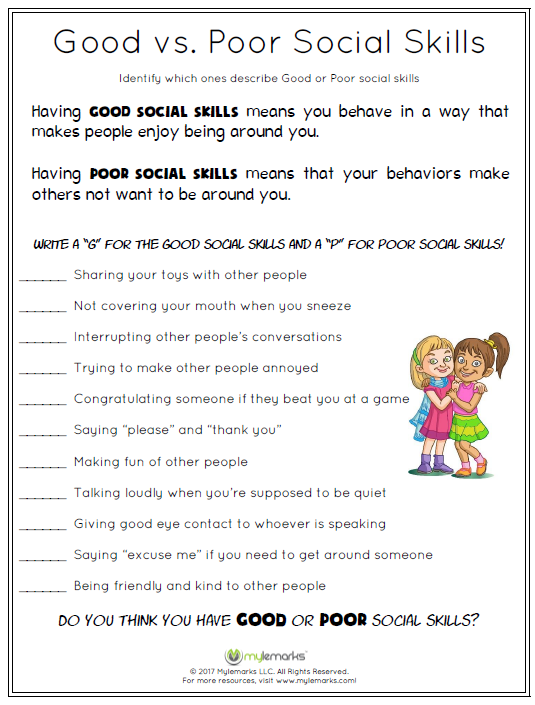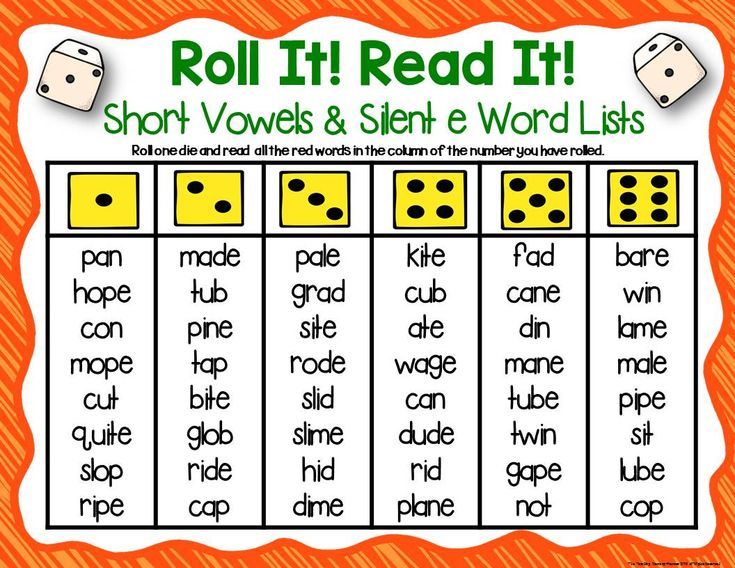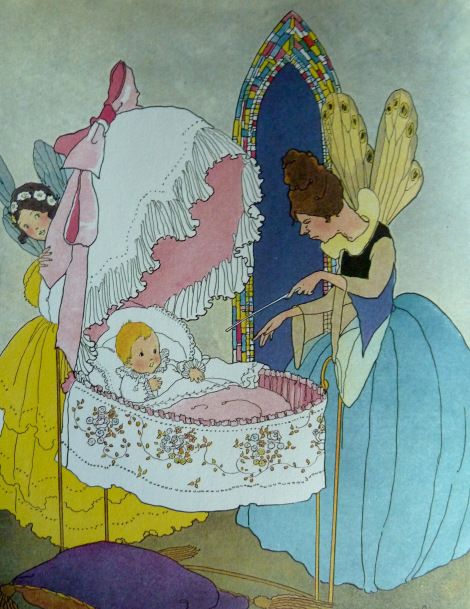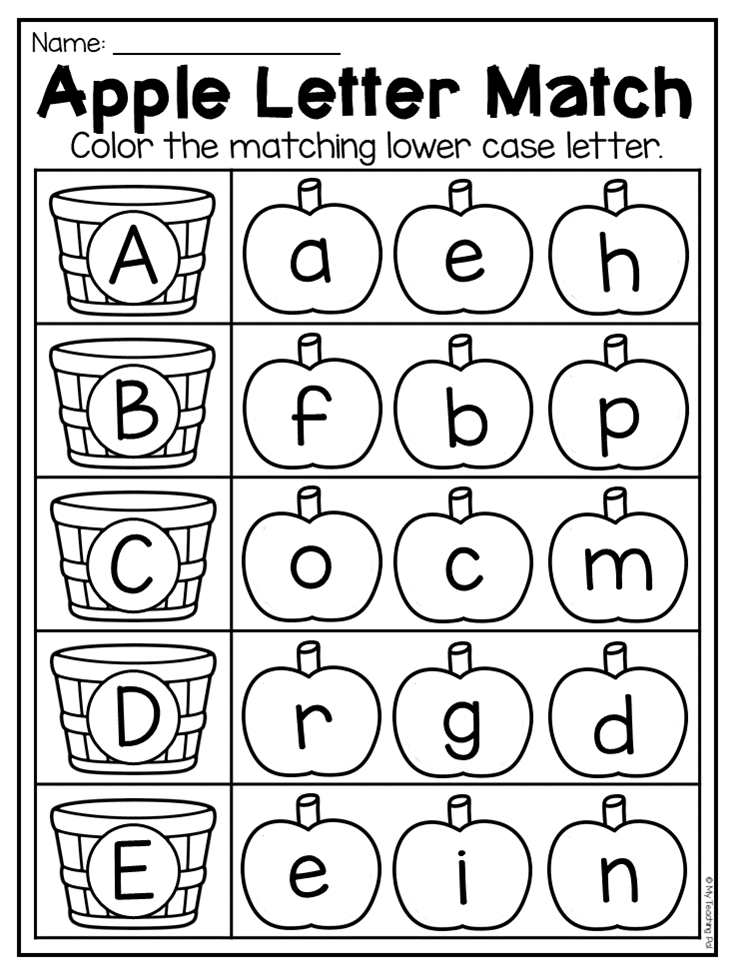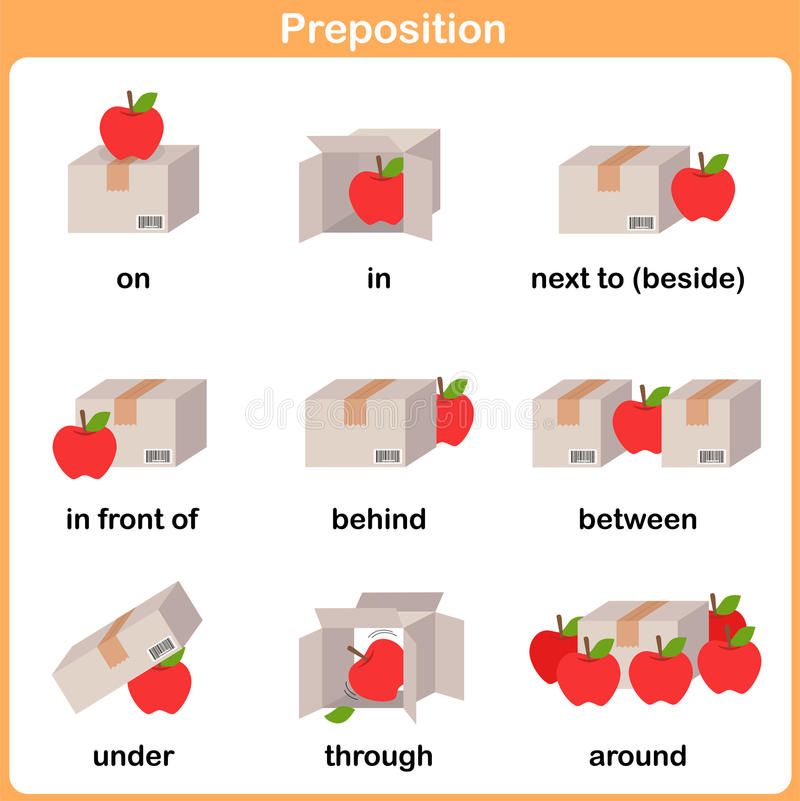Simple words sentences
ENG 1001: Sentences: Simple, Compound, and Complex
A common weakness in writing is the lack of varied sentences. Becoming aware of three general types of sentences--simple, compound, and complex--can help you vary the sentences in your writing.
The most effective writing uses a variety of the sentence types explained below.
1. Simple Sentences
A simple sentence has the most basic elements that make it a sentence: a subject, a verb, and a completed thought.
Examples of simple sentences include the following:
- Joe waited for the train.
"Joe" = subject, "waited" = verb
- The train was late.
"The train" = subject, "was" = verb
- Mary and Samantha took the bus.
"Mary and Samantha" = compound subject, "took" = verb
- I looked for Mary and Samantha at the bus station.
"I" = subject, "looked" = verb
- Mary and Samantha arrived at the bus station early but waited until noon for the bus.
"Mary and Samantha" = compound subject, "arrived" and "waited" = compound verb
Tip: If you use many simple sentences in an essay, you should consider revising some of the sentences into compound or complex sentences (explained below).
The use of compound subjects, compound verbs, prepositional phrases (such as "at the bus station"), and other elements help lengthen simple sentences, but simple sentences often are short. The use of too many simple sentences can make writing "choppy" and can prevent the writing from flowing smoothly.
A simple sentence can also be referred to as an independent clause. It is referred to as "independent" because, while it might be part of a compound or complex sentence, it can also stand by itself as a complete sentence.
2. Compound Sentences
A compound sentence refers to a sentence made up of two independent clauses (or complete sentences) connected to one another with a coordinating conjunction.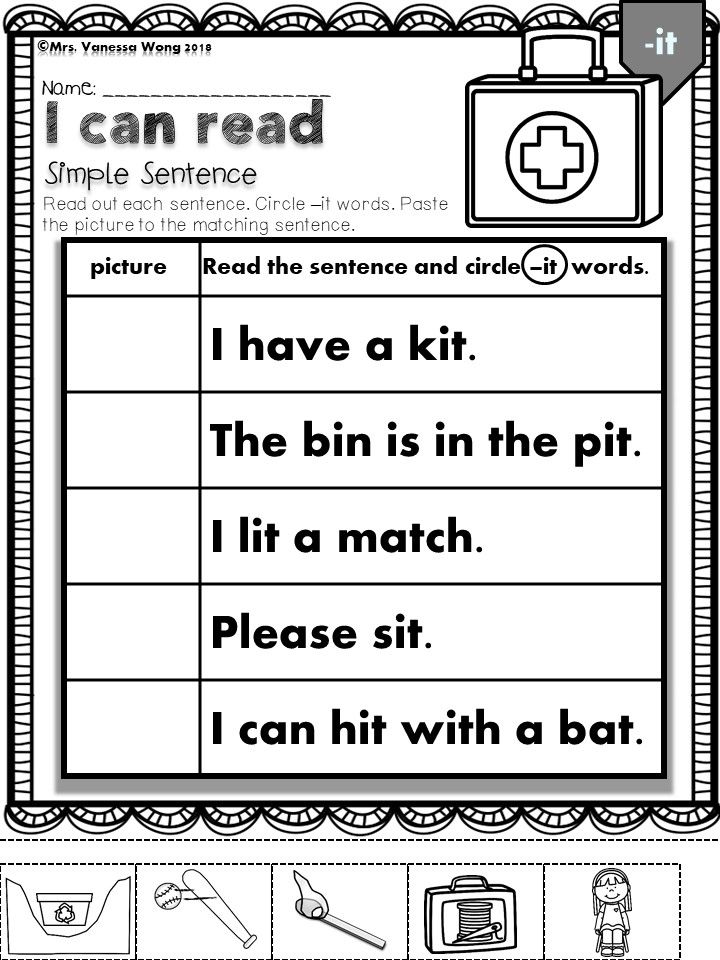 Coordinating conjunctions are easy to remember if you think of the words "FAN BOYS":
Coordinating conjunctions are easy to remember if you think of the words "FAN BOYS":
- For
- And
- Nor
- B ut
- Or
- Yet
- So
Examples of compound sentences include the following:
- Joe waited for the train, but the train was late.
- I looked for Mary and Samantha at the bus station, but they arrived at the station before noon and left on the bus before I arrived.
- Mary and Samantha arrived at the bus station before noon, and they left on the bus before I arrived.
- Mary and Samantha left on the bus before I arrived, so I did not see them at the bus station.
Tip: If you rely heavily on compound sentences in an essay, you should consider revising some of them into complex sentences (explained below).
Coordinating conjunctions are useful for connecting sentences, but compound sentences often are overused.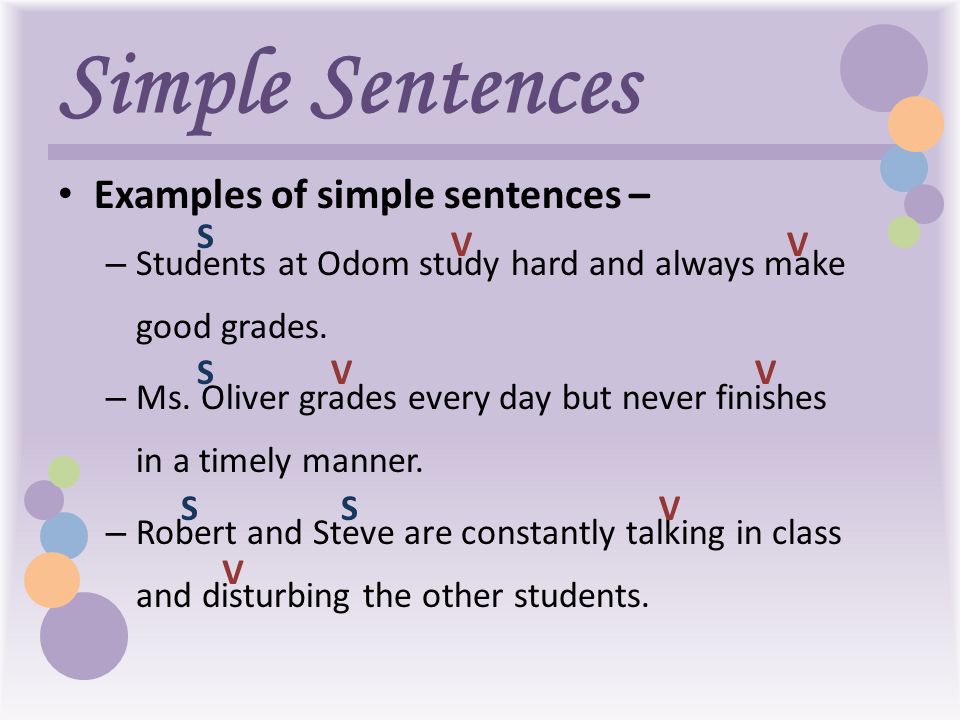 While coordinating conjunctions can indicate some type of relationship between the two independent clauses in the sentence, they sometimes do not indicate much of a relationship. The word "and," for example, only adds one independent clause to another, without indicating how the two parts of a sentence are logically related. Too many compound sentences that use "and" can weaken writing.
While coordinating conjunctions can indicate some type of relationship between the two independent clauses in the sentence, they sometimes do not indicate much of a relationship. The word "and," for example, only adds one independent clause to another, without indicating how the two parts of a sentence are logically related. Too many compound sentences that use "and" can weaken writing.
Clearer and more specific relationships can be established through the use of complex sentences.
3. Complex Sentences
A complex sentence is made up of an independent clause and one or more dependent clauses connected to it. A dependent clause is similar to an independent clause, or complete sentence, but it lacks one of the elements that would make it a complete sentence.
Examples of dependent clauses include the following:
- because Mary and Samantha arrived at the bus station before noon
- while he waited at the train station
- after they left on the bus
Dependent clauses such as those above
cannot stand alone as a sentence, but they can be added to an independent clause to form a complex sentence.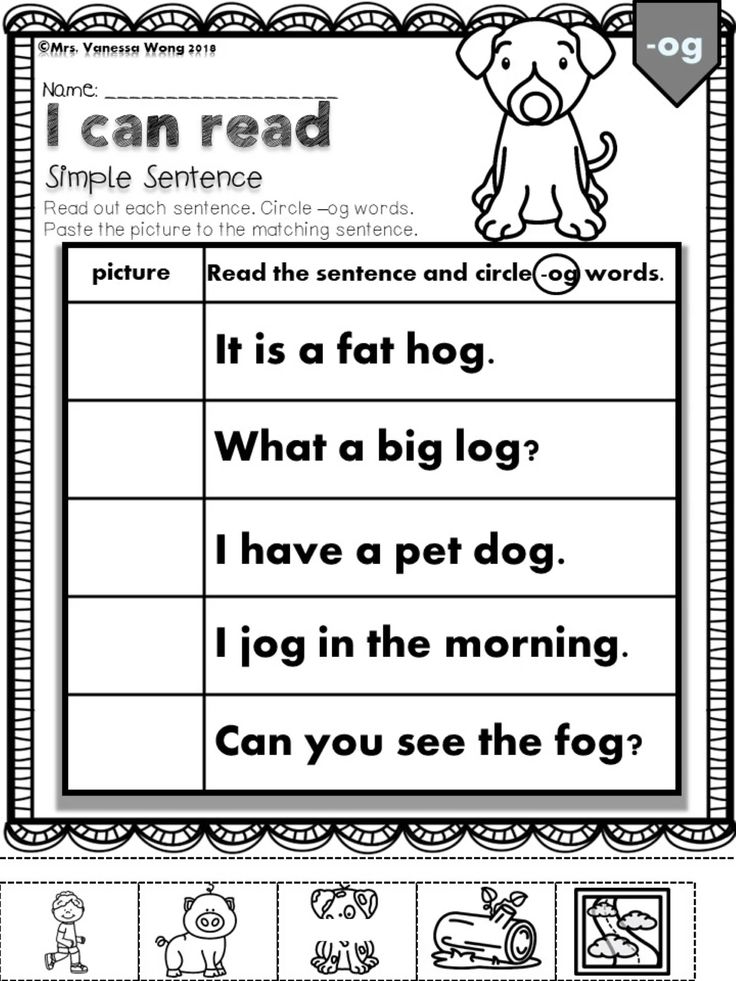
Dependent clauses begin with subordinating conjunctions. Below are some of the most common subordinating conjunctions:
- after
- although
- as
- because
- before
- even though
- if
- since
- though
- unless
- until
- when
- whenever
- whereas
- wherever
- while
A complex sentence joins an independent clause with one or more dependent clauses.
The dependent clauses can go first in the sentence, followed by the independent clause, as in the following:
Tip: When the dependent clause comes first, a comma should be used to separate the two clauses.
- Because Mary and Samantha arrived at the bus station before noon, I did not see them at the station.
- While he waited at the train station, Joe realized that the train was late.
- After they left on the bus, Mary and Samantha realized that Joe was waiting at the train station.
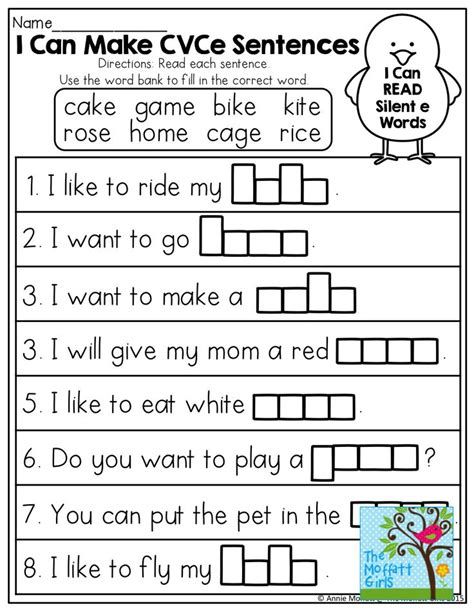
Conversely, the independent clauses can go first in the sentence, followed by the dependent clause, as in the following:
Tip: When the independent clause comes first, a comma should not be used to separate the two clauses.
- I did not see them at the station because Mary and Samantha arrived at the bus station before noon.
- Joe realized that the train was late while he waited at the train station.
- Mary and Samantha realized that Joe was waiting at the train station after they left on the bus.
Complex sentences are often more effective than compound sentences because a complex sentence indicates clearer and more specific relationships between the main parts of the sentence. The word "before," for instance, tells readers that one thing occurs before another. A word such as "although" conveys a more complex relationship than a word such as "and" conveys.
The term periodic sentence is used to refer to a complex sentence beginning with a dependent clause and ending with an independent clause, as in "While he waited at the train station, Joe realized that the train was late.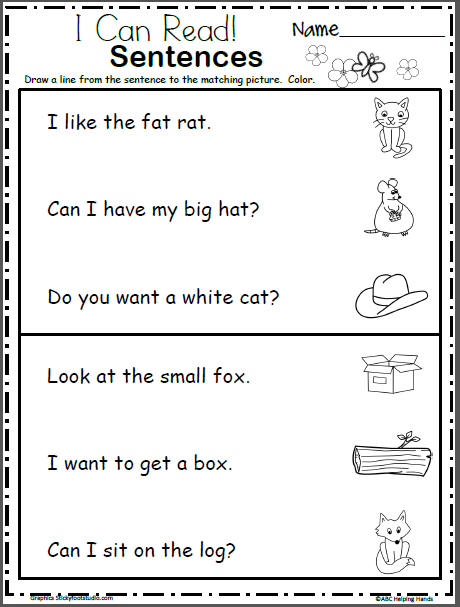 "
"
Periodic sentences can be especially effective because the completed thought occurs at the end of it, so the first part of the sentence can build up to the meaning that comes at the end.
Beginning Sentences with "And" or "Because"
Should you begin a sentence with "and" or "but" (or one of the other coordinating conjunctions)?
The short answer is "no." You should avoid beginning a sentence with "and," "or," "but," or the other coordinating conjunctions. These words generally are used to join together parts of a sentence, not to begin a new sentence.
However, such sentences can be used effectively. Because sentences beginning with these words stand out, they are sometimes used for emphasis. If you use sentences beginning with one of the coordinating conjunctions, you should use these sentences sparingly and carefully.
Should you begin a sentence with "because"?
There is nothing wrong with beginning a sentence with "because."
Perhaps some students are told not to begin a sentence with "because" to avoid sentence fragments (something like "Because Mary and Samantha arrived at the bus station before noon" is a sentence fragment), but it is perfectly acceptable to begin a sentence with "because" as long as the sentence is complete (as in "Because Mary and Samantha arrived at the bus station before noon, I did not see them at the station.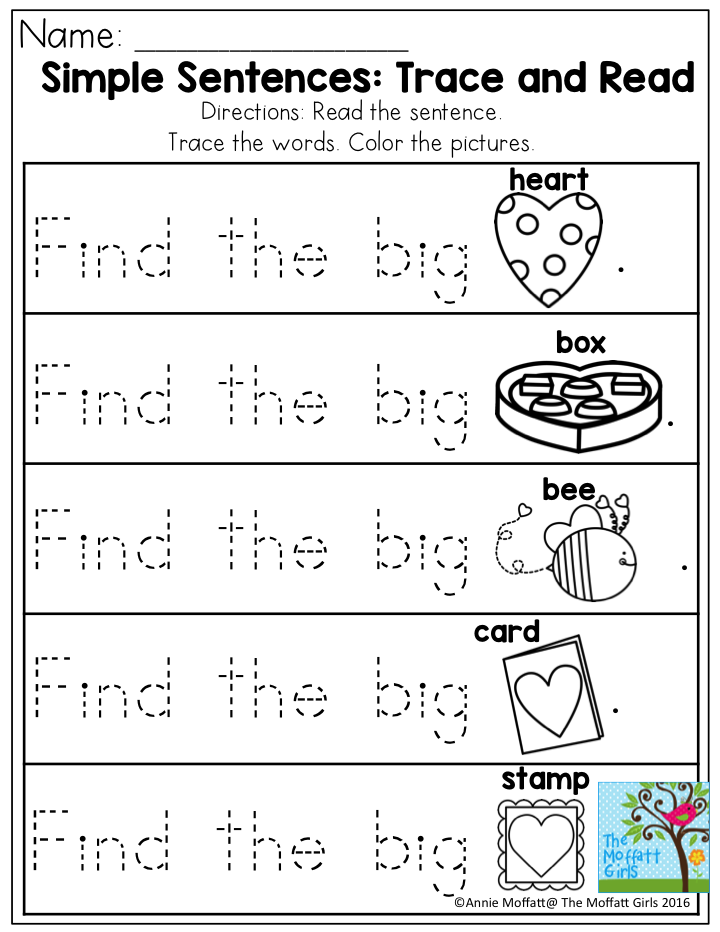 ")
")
Watch It!
37 Simple Sentence Examples and Worksheet
DESCRIPTION
photographer avatar with simple sentence examples
SOURCE
Ratsanai / DigitalVision Vectors / Getty Images / via Getty created by YourDictionary
PERMISSION
Used under Getty Images license
If you're confused about what makes a sentence simple, these 37 simple sentence examples will help clear things up. This type of sentence can have only one independent clause. It can be long or short, but the basic structure is always the same. There are several types of simple sentences. Read over each type below and use the worksheet to help you practice writing your own simple sentences.
One Subject and One Verb
Simple sentences have one subject and one verb or predicate. Some of these have a direct object or a modifier, but they still only have one subject and one verb.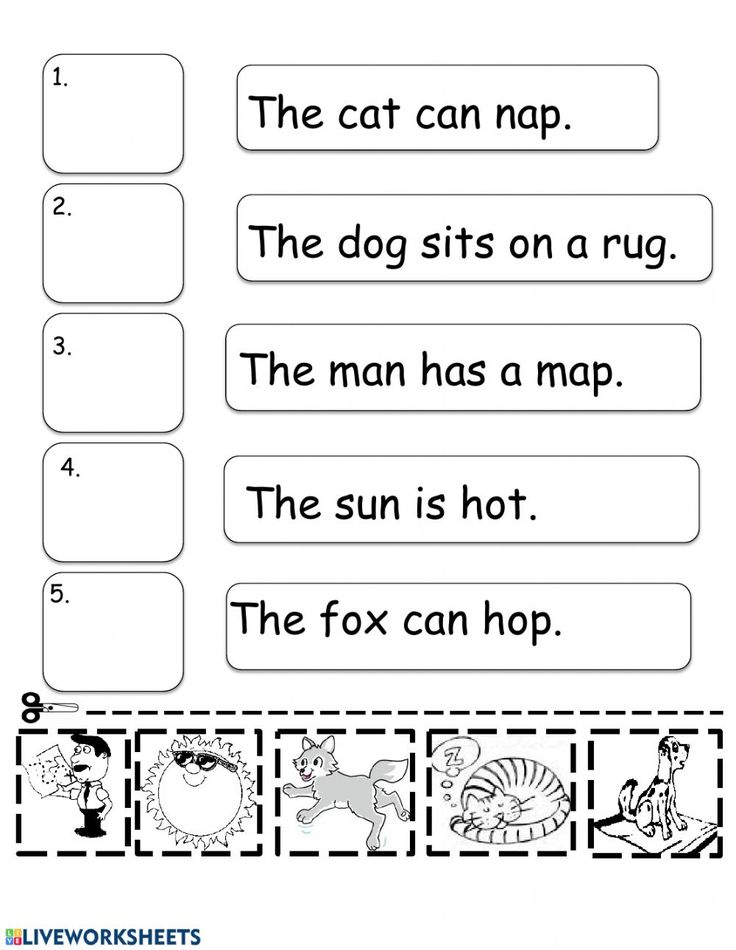 If you need to brush up on these parts of speech, read up on Understanding Subjects, Predicates, and Objects. The following examples show how this works:
If you need to brush up on these parts of speech, read up on Understanding Subjects, Predicates, and Objects. The following examples show how this works:
- The cat stretched.
- Jacob stood on his tiptoes.
- The car turned the corner.
- Kelly twirled in circles.
- She opened the door.
- Aaron made a picture.
- I'm sorry.
- I danced.
Advertisement
Simple Sentence Examples and Worksheet
Click to View & DownloadExamples With an Implied Subject
Some simple sentences have a single subject and verb, but the subject isn't stated in the sentence. Instead, the reader knows who the subject is from context. You'll notice that many of these short examples are imperative sentences with an implied subject of "you":
- Run!
- Open the jar carefully.
- Read the directions.
- Don't cry.
- Use common sense.
- Make the best of things.
- Catch up!
These sentences have just one independent clause.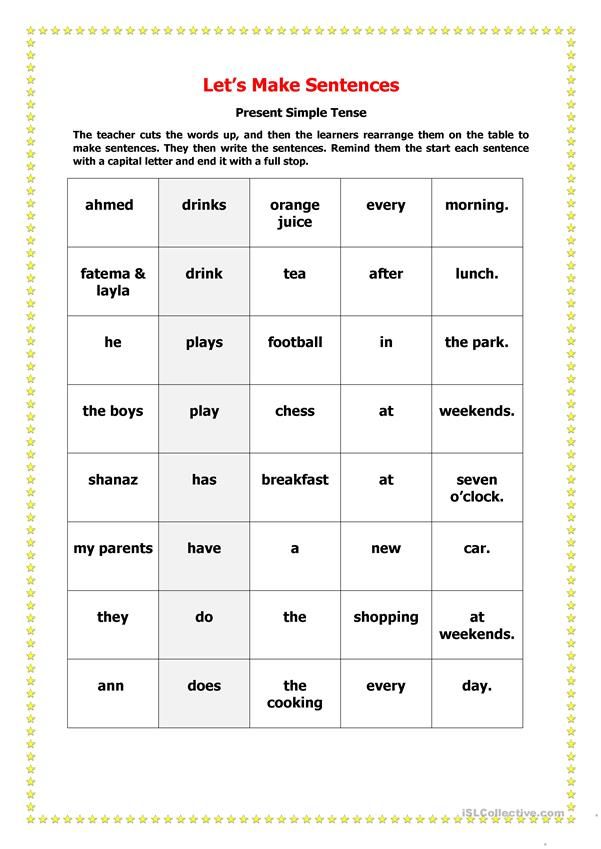 Refresh your memory about the difference between independent and dependent clauses if you need clarification.
Refresh your memory about the difference between independent and dependent clauses if you need clarification.
Compound Subject and One Verb
You'll also see simple sentences with a compound subject and one verb. In this case, the subjects are joined by a conjunction like "and" and are all performing the action described in the verb. There may be modifiers and direct objects here as well, as you'll see in some of these examples:
- Sarah and Ira drove to the store.
- Jenny and I opened all the gifts.
- The cat and dog ate.
- My parents and I went to a movie.
- Mrs. Juarez and Mr. Smith are dancing gracefully.
- Samantha, Elizabeth, and Joan are on the committee.
- The ham, green beans, mashed potatoes, and corn are gluten-free.
- The paper and pencil sat idle on the desk.
Advertisement
One Subject and Compound Verb
You'll also see some simple sentences with more than one verb and a single subject. In this case, they are compound verbs.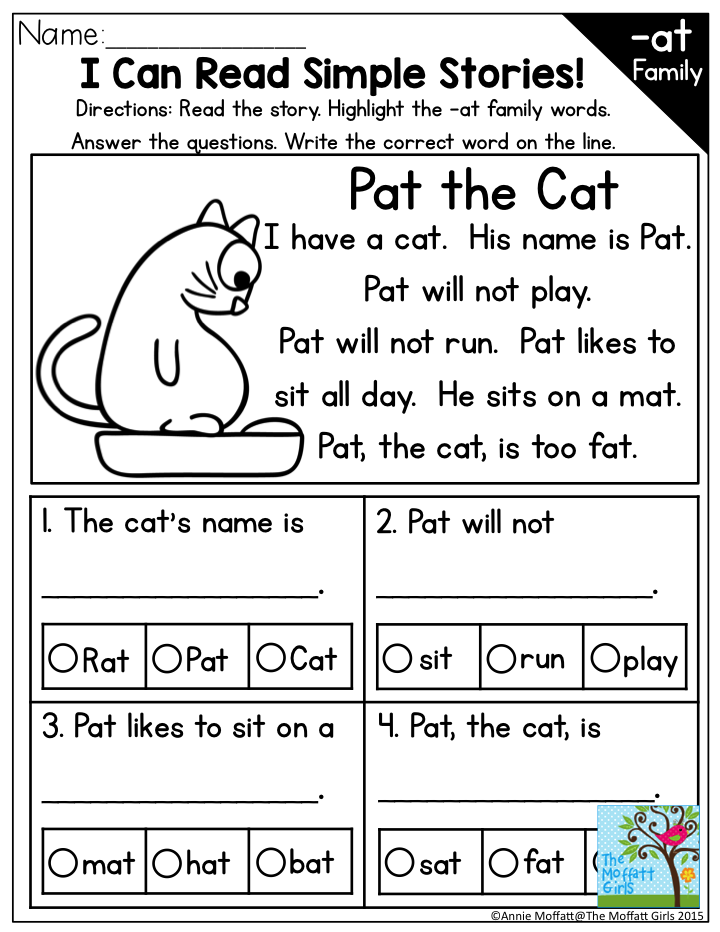 The subject is doing all the actions, and the actions go together. The easiest way to see this is with some examples:
The subject is doing all the actions, and the actions go together. The easiest way to see this is with some examples:
- Misha walked and looked around.
- My mother hemmed and hawed over where to go for dinner.
- He was eating and talking.
- I rinsed and dried the dishes.
- Joe stood up and spoke to the crowd.
Examples of Longer Simple Sentences
Although a simple sentence can be a single word, it can also be much longer. Adding modifiers or multiple direct objects can extend the length of the sentence. These examples are all simple sentences, despite their length:
- The mangy, scrawny stray dog hurriedly gobbled down the grain-free, organic dog food.
- I quickly put on my red winter jacket, black snow pants, waterproof boots, homemade mittens, and handknit scarf.
- The incessant ticking and chiming echoed off the weathered walls of the clock repair shop.
- Nervously, I unfolded the wrinkled and stained letter from my long-dead ancestor.
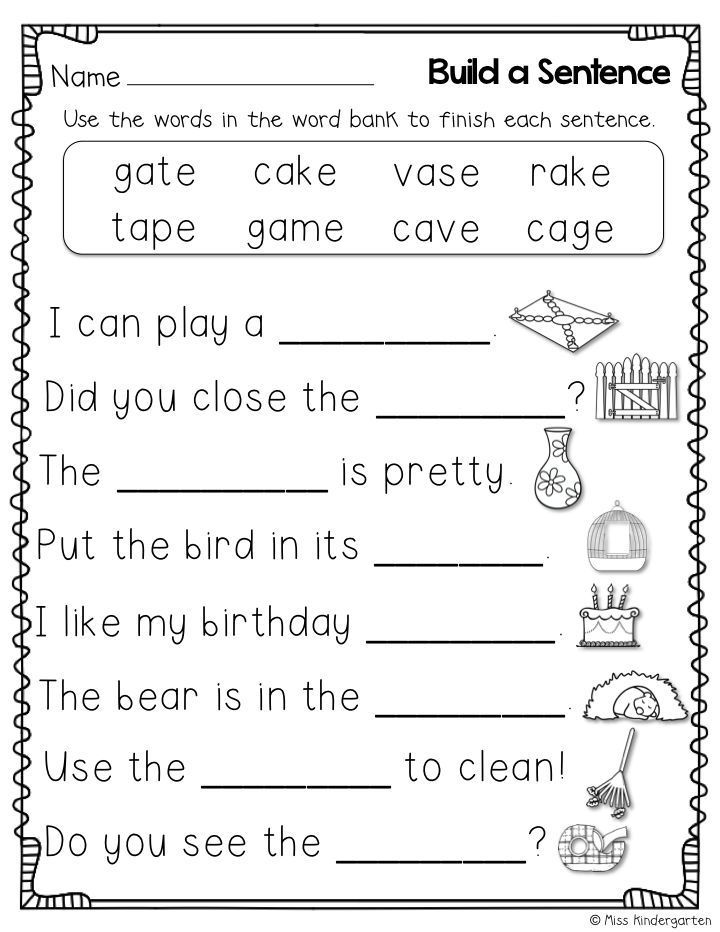
- Into the suitcase, I carelessly threw a pair of ripped jeans, my favorite sweater from high school, an old pair of tube socks with stripes, and $20,000 in cash.
Advertisement
Simple Sentence Examples From Literature
Writers have been using simple sentences as long as people have been writing. Consider these examples from literature:
- "The Spirits of All Three shall strive within me." A Christmas Carol by Charles Dickens
- "I was the more deceived." Ophelia in Hamlet by William Shakespeare
- "Neither boy spoke." The Adventures of Tom Sawyer by Mark Twain
- "Call me Ishmael." Moby Dick by Herman Melville
Understand Sentence Structure
Now that you know about simple sentences and have seen some examples, take a moment to learn about other sentence types like compound sentences and complex sentences.The more you know about how sentences are put together, the better your writing will become.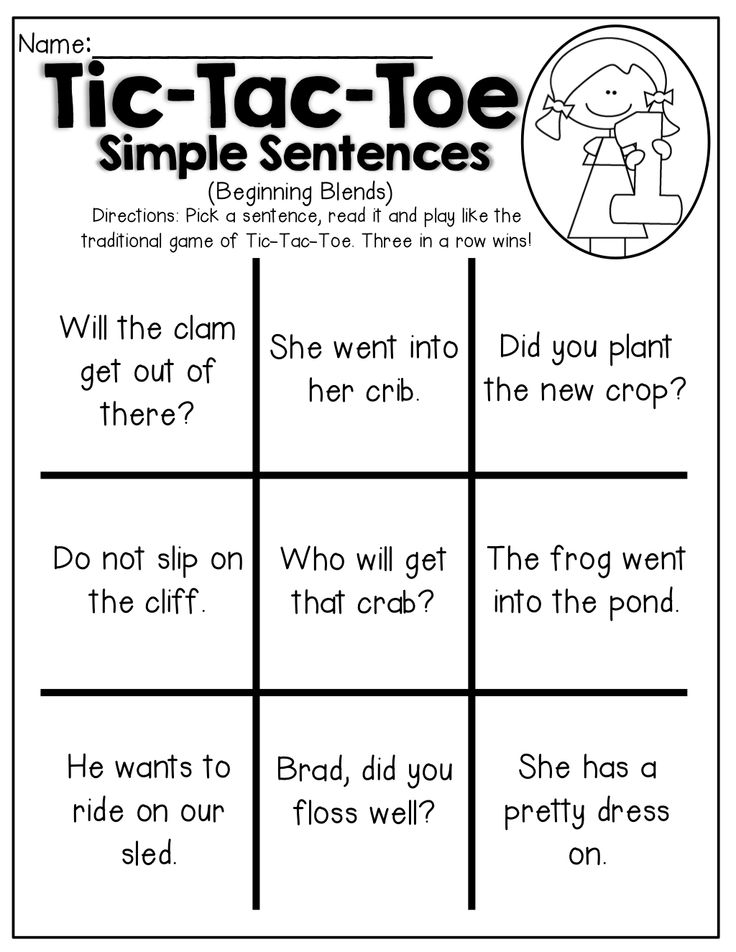
What is a simple and complex sentence?
The Russian language distinguishes between simple and complex sentences. They differ in the number of grammatical bases.
Simple sentence
Simple sentence - is a sentence with one grammatical basis.
Example: I washed the dishes. This is a simple sentence, since it has one grammatical basis - I washed it.
Types of simple sentences
A simple sentence can be one-part and two-part.
One-part - is a simple sentence with only one main term. For example: Stay silent. The main member is "stop" (predicate).
One-part sentences can be:
- indefinitely personal: You have been called to the director.
- generalized-personal: You can't even pull a fish out of a pond without effort.
- impersonal: The room is dark.
- definitely-personal: I stand and smile.
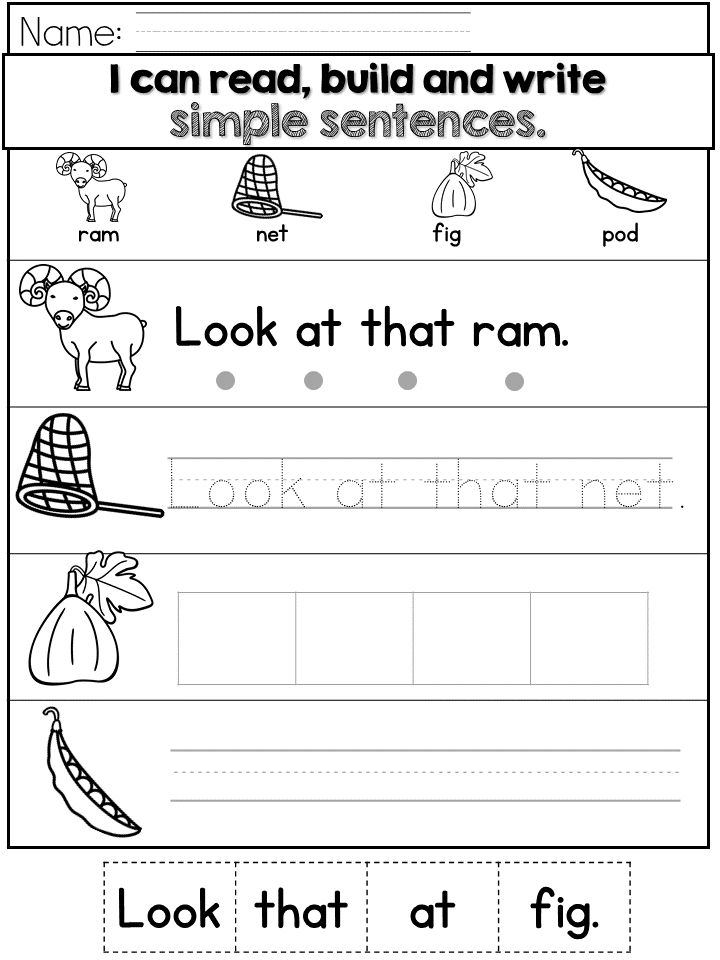
- infinitive: Quiet! It's time for you to go.
- nominal: Night. Street. Flashlight. Pharmacy.
Two-part sentence - is a simple sentence that has all the necessary components, such as a subject and a predicate.
Compound sentence
A compound sentence is a sentence that has two or more grammatical bases that can be related either in meaning or with the help of conjunctions.
For example: I am sitting on a chair, a cat jumped up to me . This is a difficult sentence because it has two grammatical bases (I am sitting and the cat jumped up).
Types of compound sentences
Compound sentences can be:
- non-union;
- compound;
- complex.
Non-union sentences - a sentence in which all its parts are interconnected in meaning, but without unions.
For example: It's getting warmer, I took off my jacket.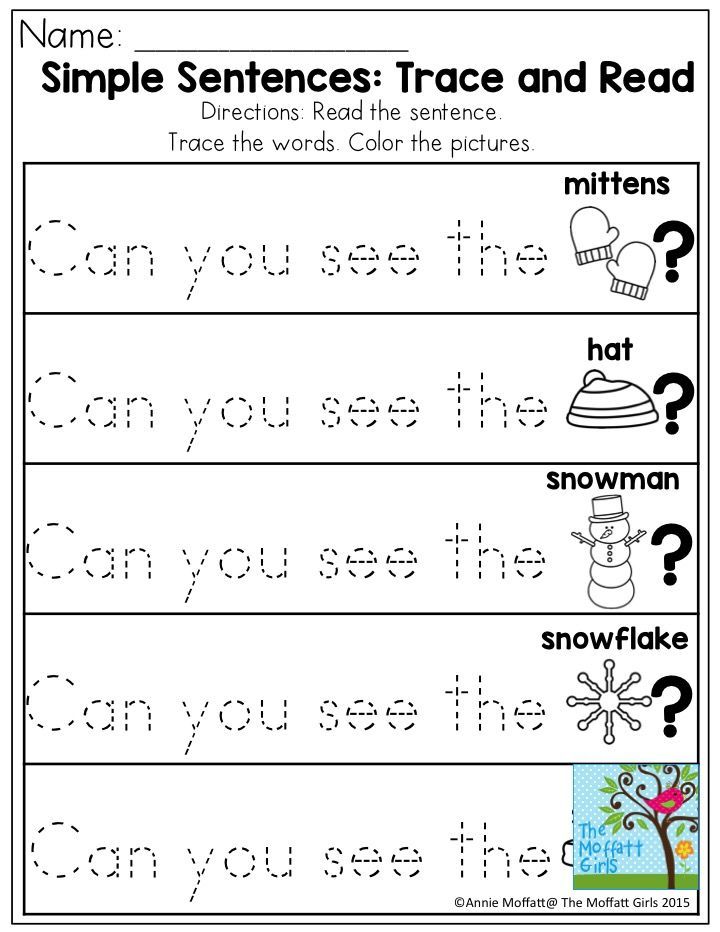 In this sentence, there are two grammatical parts "warmer" and "I removed", between which there are no conjunctions.
In this sentence, there are two grammatical parts "warmer" and "I removed", between which there are no conjunctions.
Compound sentences are a complex union sentence, the simple parts of which are connected with the help of coordinating conjunctions. Coordinating conjunctions: a, and, but, a, or, or, yes, both ... and, either ... either, not only ... but and, or ... or, neither ... nor, but.
All parts of compound sentences are equal in meaning.
For example: Not only the water has warmed up on the beach, but also the sand has become warmer. The first part of the compound sentence - the water warmed up, the second - the sand became. These two parts are interconnected by a composed union "but". So this is a complex sentence.
Compound sentences - sentences in which two parts are connected by subordinate unions / allied words, and in which one part depends on the other.
That is, they distinguish the main and subordinate parts. From the main, you can ask a question to a subordinate.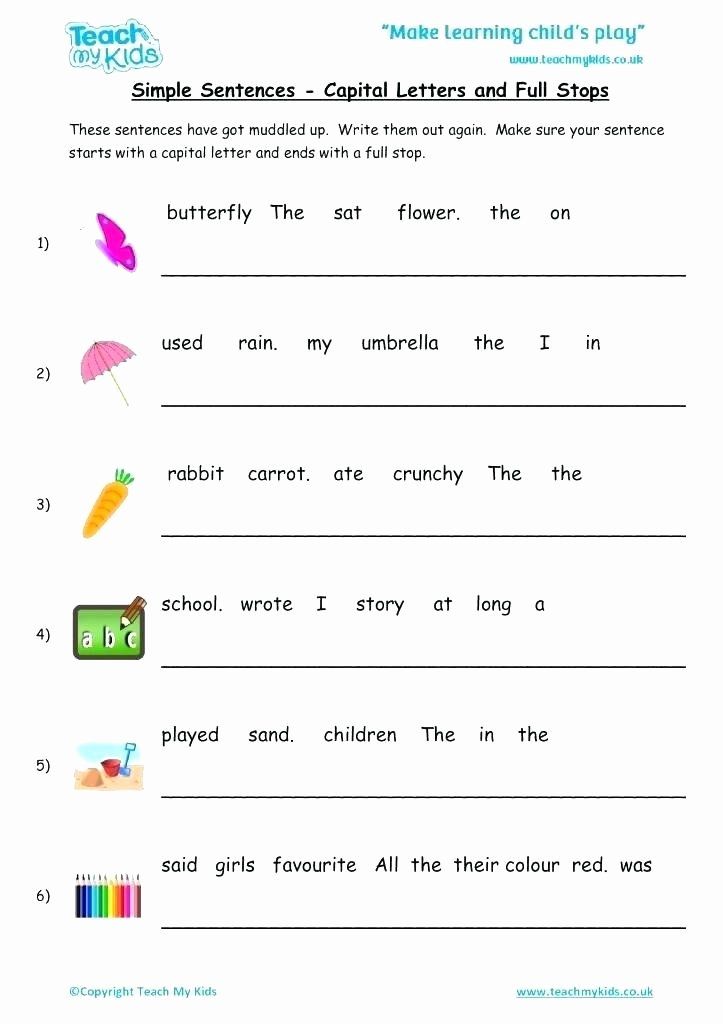
For example: Anton realized that he was wrong. In this complex sentence, the main part - Anton understood, from which you can ask a question to the subordinate part: Anton understood - what? - that he's wrong.
A simple sentence is... (15 examples)
A simple sentence is a sentence that contains one grammatical basis.
Before finding out what a simple sentence is in Russian, let's clarify the concept of "sentence".
A sentence is one of the basic units of a language.
A sentence as a syntactic unit has predicativity, semantic and intonational completeness.
Definition
Sentence is a word or several words that contain a message, question or motivation (order, request, advice).
The sentence is characterized by intonational and semantic completeness, that is, it is a separate statement. Intonational completeness is expressed by a long pause at the end of the sentence.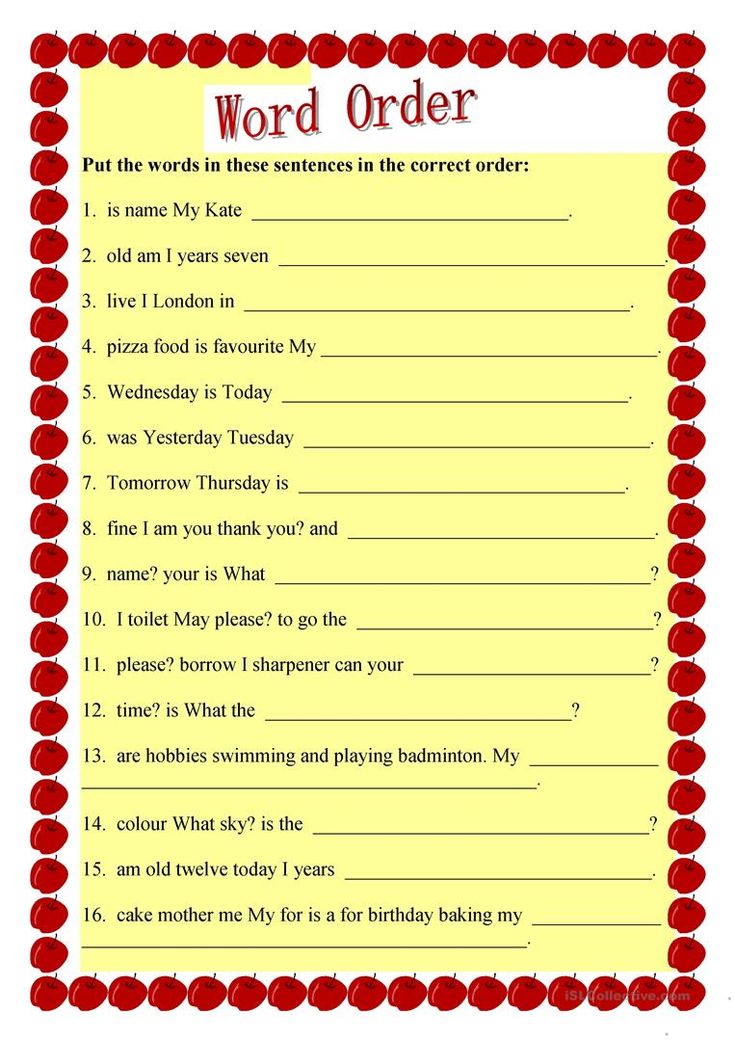
Simple sentence
Let's take a closer look at what a simple sentence is.
From a phrase as a minimal syntactic unit, the sentence is distinguished by the main feature: it has equal members of the sentence, namely: the subject and the predicate, between which there is a predicative connection.
To make it clear what such a connection is, let's translate the word "predicate" from Latin. It literally means "predicate" . In a simple sentence, an object performs an action. The object is the subject, and the action that the object performs expresses the predicate, for example:
The sun (what is it doing?) is shining.
Recently the rain (what did you do?) passed.
A subject with a predicate or only one main member constitutes the grammatical basis of a simple sentence. We will also point out one more important point:
A simple sentence contains only one grammatical basis.
Golden stars dozed off (S. Yesenin).
Definition
A simple sentence is a sentence that has one grammatical basis.
The grammatical basis of a sentence can consist of two main members - the subject and the predicate, for example:
The birch leaves turned yellow.
It can consist of one sentence member - subject:
Winter. There is white snow all around.
or only the predicate, for example:
It is getting dark. The sky in the west turned pink.
In a sentence, in addition to the subject and predicate, there may be several secondary members.
The summer sun rises quickly from behind the forest.
However, this sentence is still simple because it has the same grammatical stem ( the sun rises ).
Scheme a simple sentence using square brackets:
[ ].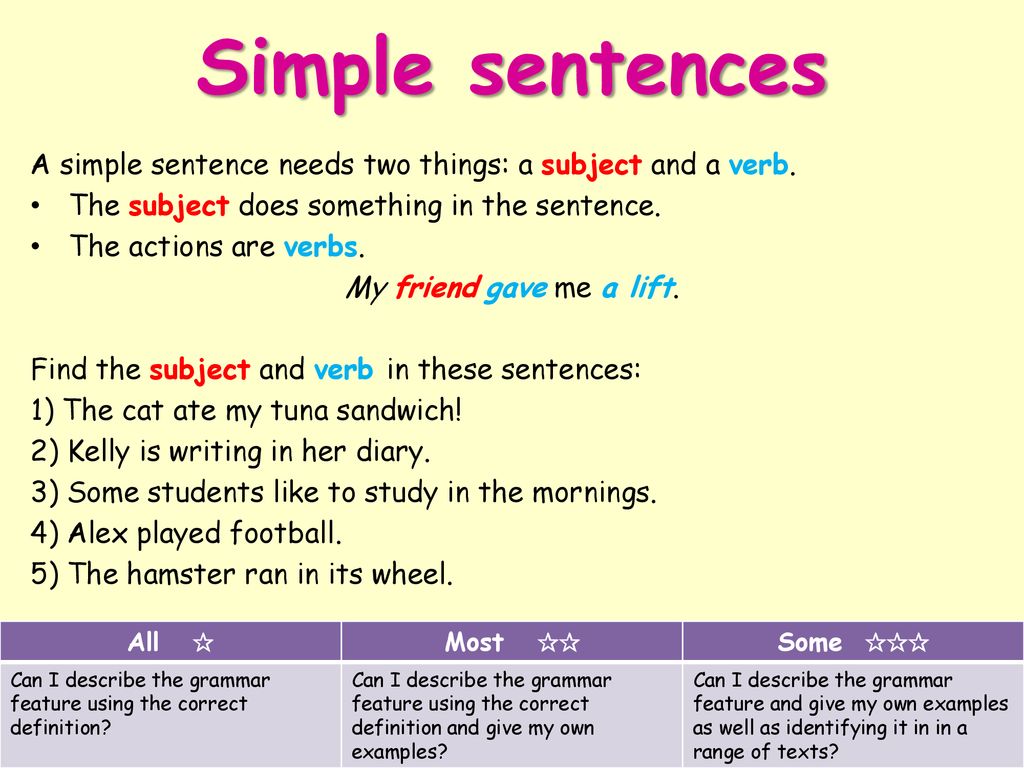
Simple sentence with homogeneous members
A simple sentence can have two or more subject, predicate or secondary members. Such members of a sentence of the same type are homogeneous.
Definition
Homogeneous are the same members of a sentence that refer to the same member of the sentence and are connected to each other by a coordinating link and enumerative intonation.
Both main and secondary members of a sentence can be homogeneous.
Plants need a wide space, native land and freedom (V. Garshin).
For a long time the North was considered impassable and life-threatening (I.
Mallwitz).
I saw foliage (what?) not only gold and purple, but also scarlet, purple, brown, black and almost white (K. Paustovsky).
Autumn came by surprise and took over the land: gardens and rivers, forests and air, fields and birds (K. Paustovsky).
I studied autumn stubbornly and for a long time (K. Paustovsky).
Examples of simple sentences
Our restless native river (V. Astafiev).
I used to go for walks in the forest (V. Soloukhin).
A narrow, icy spotlight beam sometimes glided over the stars (V. Kataev).
Rustic bouquet stood on the table (Yu. Nagibin).
Dust-darkened blue southern sky (M. Gorky).
It was a big ice floe (V. Bianchi).
Waves are talking at the feet (A.
